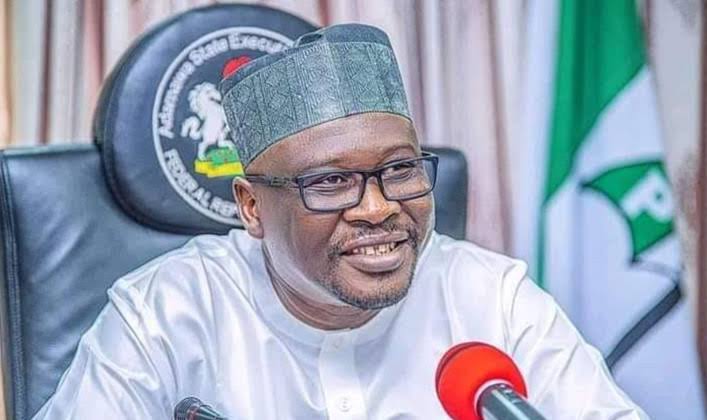The Adamawa State government has begun the payment of a new minimum wage of N70,000 to its civil servants, fulfilling a commitment made by Governor Ahmadu Umaru Fintiri.
The payment follows Governor Fintiri’s promise during a meeting with the Labour Union on August 19, 2024.
Governor Fintiri had assured workers that his administration was committed to improving their welfare, and his promise was quickly put into action as the state government implemented the new minimum wage.
Many civil servants who received their August salaries have since expressed their gratitude and appreciation for the governor’s efforts.
Saliyatu Mohammad, a civil servant employed with the Ministry of Land and Survey, shared her satisfaction with the development.
She remarked that Governor Fintiri had shown a strong commitment to the welfare of state workers, describing the move as a significant step forward in ensuring better living conditions for civil servants in Adamawa.
Similarly, Mr. Emmanuel Amos Tumba, a teacher, confirmed that the salary increase had taken effect. “I can confirm to you that the salary increase has been effected, and I received it. I commend the governor for this,” he stated.
His words echoed the sentiments of many others who received the new minimum wage as part of their August salaries.
The decision to implement the N70,000 minimum wage came after a crucial meeting between Governor Fintiri and leaders of the Nigeria Labour Congress (NLC) on August 19, 2024.
During the meeting, the governor approved the payment of the new wage to both state and local government workers.
Following the announcement, the State Chairman of the Nigeria Labour Congress, Comrade Emmanuel Fashe, provided more details to the public.
He revealed that state government workers would see the new wage reflected in their August salaries, while local government employees would start receiving the increased amount in September 2024.
This move by the Adamawa State government makes it the first state in Nigeria to implement the N70,000 minimum wage since it was signed into law by President Bola Tinubu.
The development is seen as a positive example for other states, highlighting the state’s commitment to improving the welfare of its workforce.



